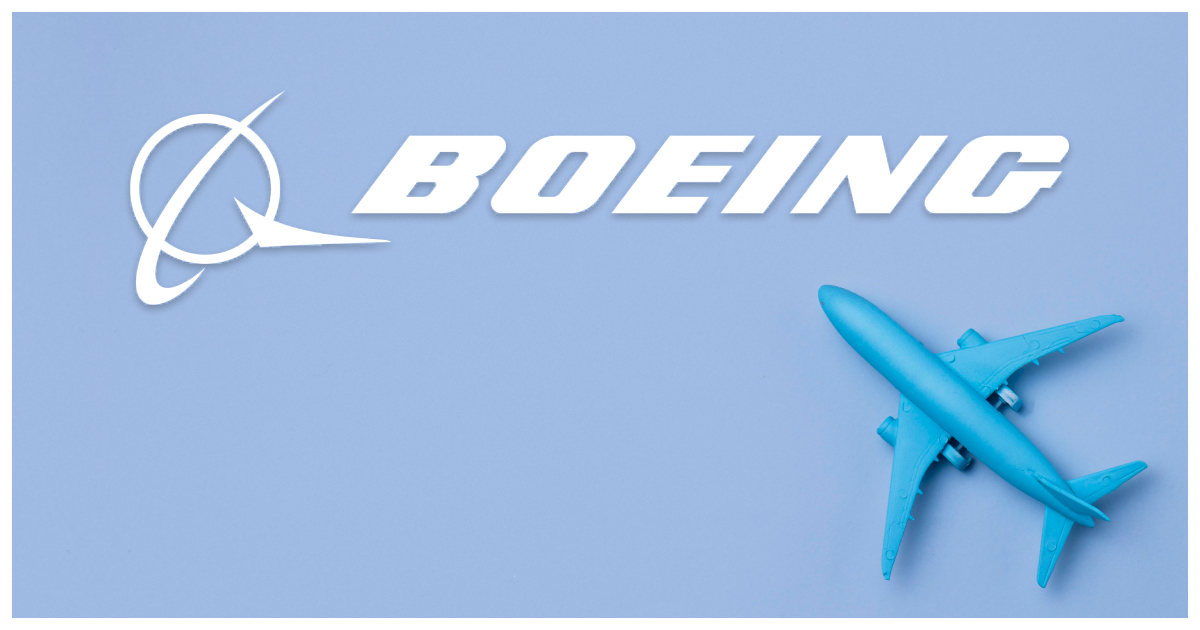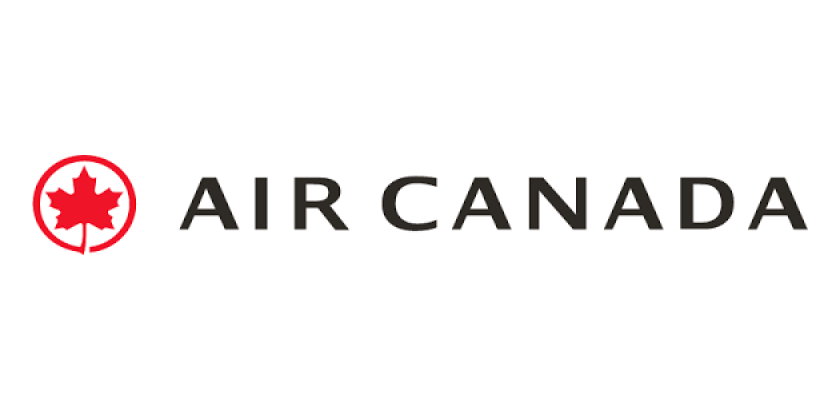In the second quarter, aerospace giant The Boeing Company (BA) reported a loss of $149 million, in contrast to the net income of $160 million during the same period last year. The loss comes despite an 18% increase in revenue, reaching $19.75 billion, which surpassed analysts’ expectations of $18.59 billion. However, higher costs in both the airline and defense businesses posed significant challenges for the company.
Production Increase for Popular Airline Planes
Boeing is taking measures to boost its recovery by ramping up the production of its most popular airline planes. The planemaker aims to increase the monthly production of the 737 Max from 31 to 38 aircraft, catering to the rising demand for newer and more fuel-efficient planes. Additionally, the production of the larger, two-aisle 787 Dreamliner will be raised from four to five planes per month by the end of the year.
Progress in Recovery Amidst Supply-Chain Problems
Despite the setbacks, Boeing’s CEO, David Calhoun, expressed confidence in the company’s progress towards recovery. He acknowledged the need for more work ahead, but emphasized that improvements were being made in factory stability and among suppliers. However, supply-chain problems persisted during the second quarter, leading to temporary delays in 737 deliveries due to issues with Max fittings and regulators’ questions concerning Dreamliner inspections.
Boeing Stock Analysis & Forecast
According to the analysis of 11 analysts, The Boeing Company’s stock is expected to reach an average target price of USD 237.14 in the next 12 months, making it a “Buy” according to the average analyst rating. However, Stock Target Advisor’s own analysis paints a more cautious picture, classifying the stock as “Bearish” due to 2 positive signals and 10 negative signals.
As of the last closing, The Boeing Company’s stock price stood at USD 215.87. Notably, the stock has shown a positive trend in recent times, with a 2.03% increase over the past week, a 5.09% increase over the past month, and an impressive 37.81% increase over the last year.
Charges Incurred Due to Delayed Projects
Boeing faced several cost overruns due to delays in crucial projects. Furthermore, a $189 million charge was attributed to higher-than-expected production costs for a military training jet, and an additional $68 million charge resulted from delays in a defense refueling drone.
Positive Investor Sentiment and Future Plans
Despite the loss, Boeing’s second-quarter results managed to surpass Wall Street expectations, leading to a 4% surge in company shares before the bell. Looking ahead, Boeing plans to generate $3 billion to $5 billion in free cash flow this year. The company is also committed to delivering at least 400 single 737s Dreamliners in 2023.
Challenges Persist Amidst Travel Demand
The increased production of 38 MAXs per month is a response to the heightened travel demand as airlines aim to expand their fleets post-pandemic. However, Boeing still faces challenges in its supply chain and logistics routes, as demonstrated by the recent collapse of a railway bridge used to transport 737 fuselages.
Despite facing difficulties, Boeing remains committed to its recovery and expansion plans, as it navigates the dynamic aviation industry landscape. With ongoing efforts to stabilize production and address supply chain issues, the company is striving to regain its position as a key player in the aerospace sector.






































